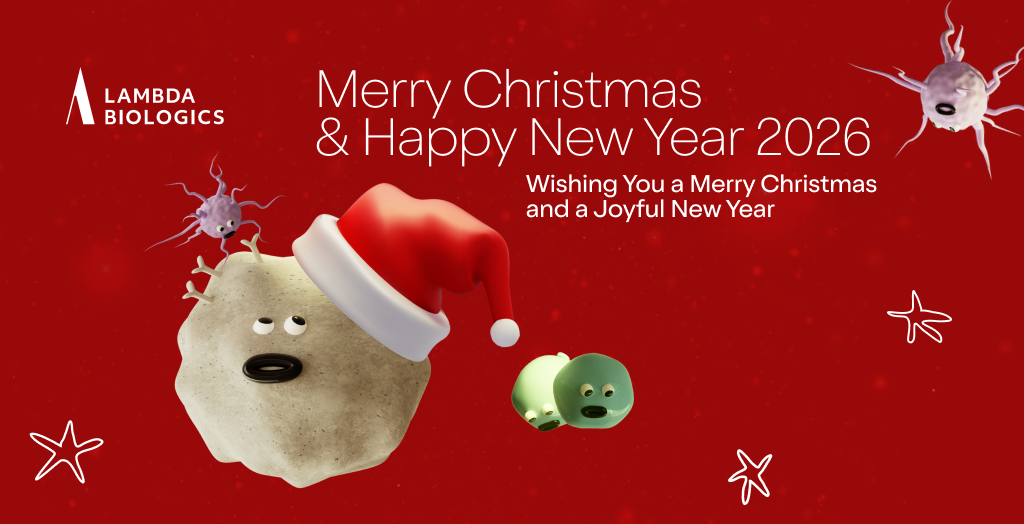This study explores how the mammalian intestine responds to dietary cues, particularly through LGR5+ intestinal stem cells, and investigates the effects of high-fat diets (HFDs) on cellular dynamics and gut integrity. Using a canine colonoid model, the interactions between palmitic acid (PA), cell proliferation, and the intestinal epithelial barrier are examined. Canine models are chosen for their relevance to human intestinal diseases. PA exposure, as a surrogate for HFD effects, increases cell proliferative activity while decreasing epithelial barrier integrity, as indicated by reduced transepithelial electrical resistance (TEER) and fluorescence intensity of ZO-1. E-cadherin remains consistent. These findings highlight the impact of PA on intestinal physiology and stress the importance of considering both cell proliferation and epithelial integrity in understanding HFD effects on intestinal health. The study contributes to understanding the consequences of HFDs on intestinal homeostasis using valuable translational in vitro models derived from dogs.
Keywords: Diet, cell proliferation, canine intestinal organoid, palmitic acid, intestinal stem cells




